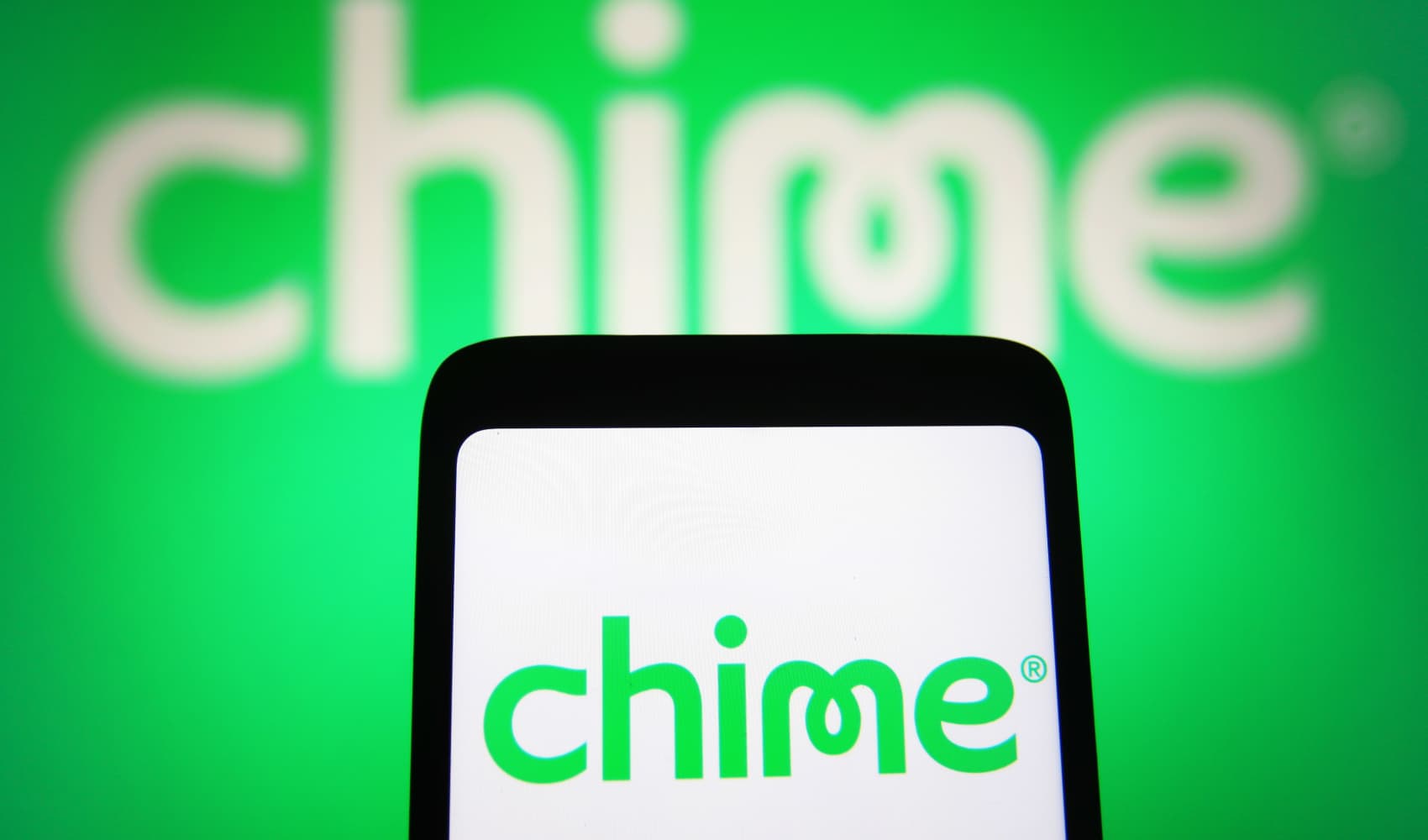Chime IPO: Fintech Giant Files for Nasdaq Debut!
Chime Set to Disrupt Wall Street? Fintech Giant Files for Nasdaq IPO
Introduction: The Future of Banking is Here?
Hold onto your hats, folks, because the financial landscape is about to get a serious shake-up! Chime, the fintech darling that's been making waves with its user-friendly mobile banking platform, has officially filed paperwork to go public on the Nasdaq. This isn't just another IPO; it's a potential sign of a major shift in how we think about banking and financial services.
Chime: A Technology Company, Not a Bank?
Here's the kicker: Chime insists it's a technology company, not a bank. In their prospectus, they're emphasizing their tech-driven approach, which is crucial for their valuation. They're not a member of the FDIC, but they're still playing in the same sandbox as the big boys like Bank of America, Capital One, Citibank, JPMorgan Chase, PNC Bank, and Wells Fargo. So, are they really a tech company revolutionizing finance, or a bank in disguise? Let's dive in!
The Ticker Symbol: "CHYM" - A New Anthem for Fintech?
Keep an eye out for the ticker symbol "CHYM." It's going to be emblazoned on screens across the financial world soon. Will it become a symbol of innovation and disruption? Only time will tell, but it certainly adds a memorable touch to Chime's public debut.
Who is Chime REALLY Competing With?
Chime isn't directly competing with banks in the traditional sense. Instead, they are competing for the attention of new customers who prefer mobile-first banking solutions. Their business model revolves around interchange fees on debit card purchases, which means they need users to be active and engaged with their platform.
Chime's Growth Strategy: Acquiring Customers from Traditional Banks
Guess where Chime is poaching its new members from? You guessed it: traditional banks. Most of their new users with direct deposit were already doing direct deposit elsewhere, mainly with those big, established institutions. This suggests that Chime is successfully attracting customers who are tired of the traditional banking experience.
Revenue Generation: The Interchange Fee Engine
How does Chime make money? It's all about the interchange fees. Every time a Chime member swipes their debit or credit card, Chime collects a small fee. The more active users they have and the more frequently they use their cards, the more revenue Chime generates.
Positioning as a Technology Company: The Key to Valuation
Why is Chime so insistent on being seen as a technology company? Because tech companies tend to command higher valuations than traditional banks. Investors are often willing to pay a premium for companies with innovative technologies, high growth potential, and scalable business models.
Boosting Active Members: The Lifeblood of Chime's Business
Active members are the lifeblood of Chime's business. The more users actively using the platform, the more revenue Chime generates through interchange fees. Chime invests heavily in acquiring and retaining active members through various marketing and promotional efforts.
Strategies for Attracting New Users
- Referral programs
- Partnerhips with other companies
- Social media marketing
Average Revenue Per Active Member (ARPU): A Critical Metric
ARPU is another key metric for Chime. It measures the average revenue generated from each active member. By increasing ARPU, Chime can improve its profitability and attract investors.
Ways to Boost ARPU
- Encouraging more frequent debit card usage
- Introducing new products and services
- Cross-selling to existing customers
The Competitive Landscape: Who Else is Playing the Game?
Chime isn't the only fintech company vying for a piece of the pie. Companies like Varo, Current, and Go2bank also offer similar mobile banking services. The competition is fierce, and Chime will need to continue innovating to stay ahead of the curve.
The Future of Fintech: A Battle for Customers
The fintech space is evolving rapidly. Traditional banks are investing in their own digital platforms to compete with fintech companies. The battle for customers is on, and the winners will be those who can provide the most convenient, affordable, and user-friendly financial services.
Potential Risks and Challenges for Chime
Going public comes with its own set of challenges. Chime will face increased scrutiny from investors and regulators. They'll need to maintain strong growth, manage their costs effectively, and navigate the ever-changing regulatory landscape.
Risks to Chime's Business
- Increased competition
- Changes in regulations
- Economic downturn
The IPO Market: A Rollercoaster Ride
The IPO market can be unpredictable. Investor sentiment can shift quickly, and the success of an IPO depends on a variety of factors, including the company's financial performance, the overall market conditions, and the level of investor demand. Chime's IPO could be a wild ride, and it will be interesting to see how it performs.
What Does This Mean for Consumers? More Choices!
Ultimately, Chime's IPO is good news for consumers. It means more choices and more innovation in the financial services industry. As fintech companies continue to disrupt the traditional banking system, consumers will benefit from lower fees, better service, and more convenient ways to manage their money.
The Importance of Financial Literacy
With all these new and convenient options for managing our finances, it becomes crucial for all of us to be more financially literate. Understanding how these fintech companies operate and knowing your rights as a consumer are vital for making informed decisions about your money.
Conclusion: A New Era of Finance?
Chime's IPO marks a significant moment in the fintech industry. It's a sign that mobile banking is here to stay and that traditional banks are facing increasing competition. While Chime insists it is not a bank, its actions suggest that it certainly wants to play in the same yard. Whether Chime succeeds in its ambitious goals remains to be seen, but one thing is clear: the future of finance is changing, and Chime is playing a key role in that transformation. We have to wait and see if "CHYM" becomes a verb!
Frequently Asked Questions (FAQs)
Here are some common questions about Chime and its IPO:
-
What is Chime, and what services does it offer?
Chime is a fintech company that provides mobile banking services through its app. It offers checking accounts, savings accounts, and credit cards. Unlike traditional banks, Chime doesn't charge monthly fees or overdraft fees.
-
How does Chime make money if it doesn't charge fees?
Chime primarily generates revenue through interchange fees, which are collected when members use their Chime debit or credit cards to make purchases. They also generate revenue through partnerships.
-
Is my money safe with Chime?
While Chime itself is not FDIC-insured, the funds in your Chime account are held at partner banks that are FDIC-insured. This means that your deposits are protected up to $250,000 per depositor, per insured bank.
-
What are the potential risks of investing in Chime's IPO?
Like any investment, there are risks involved. Chime faces competition from other fintech companies and traditional banks. Changes in regulations could also impact its business. Additionally, the IPO market can be volatile.
-
How can I purchase Chime stock after the IPO?
Once Chime's stock begins trading on the Nasdaq, you can purchase shares through a brokerage account. You'll need to research the company, consider your investment goals, and decide how many shares you want to buy.

